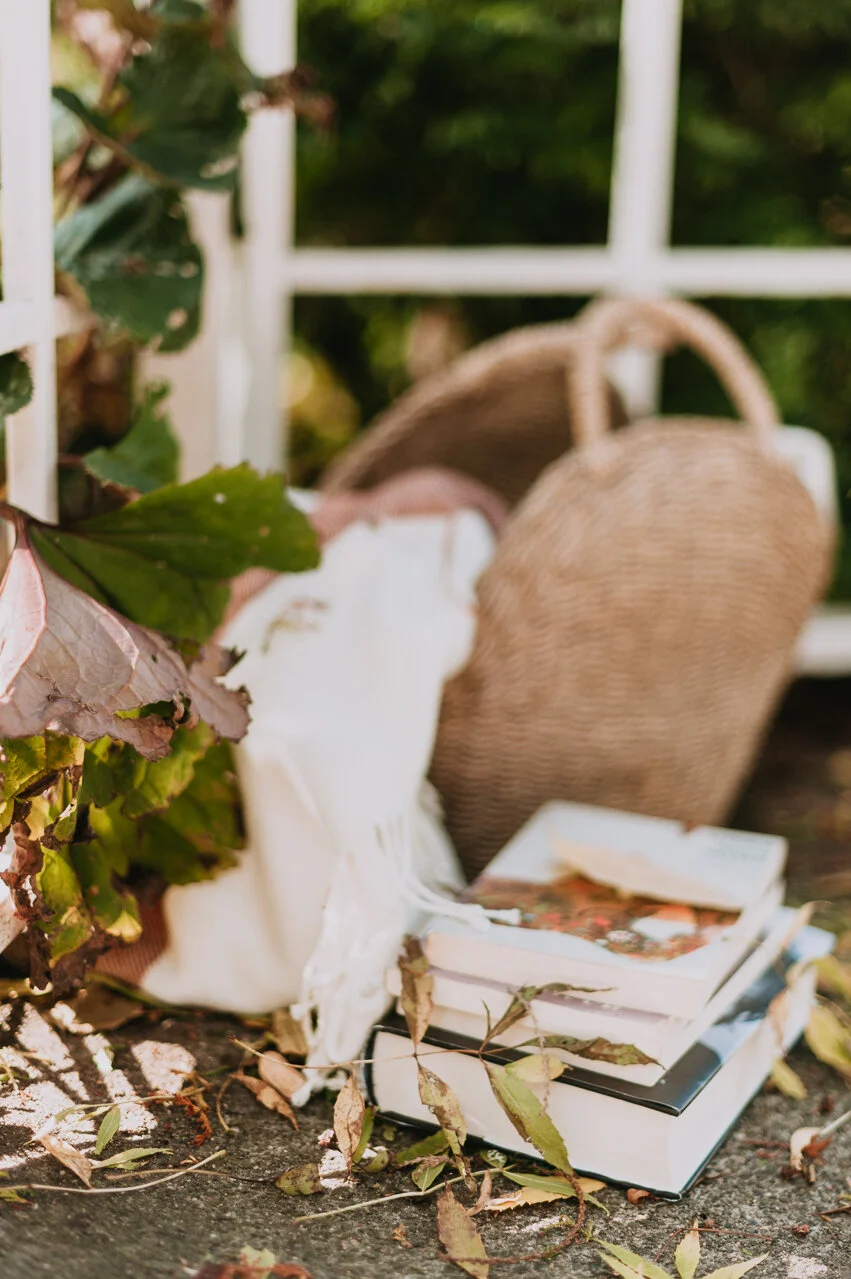Taking Your Time
BONUS PHOTO CHALLENGE | Have you really found one photographer that you admire above all others? I’d love to discuss, study, and critique their work with you. Let me know in the form below if you’re interested.
Most easily put, taking your time reduces mistakes. Adjusting your camera settings, trying something new, or composing a scene better, if you’re able to think things before shooting, you have a greater chance at taking a great photo.
It’s going to take persistence to get where you want to go. If everyone who wanted to be a great photographer in their beginning years became the best, there wouldn’t be any great photographers. Great would be the new normal. The difficult truth is that not everyone who wants to be great will make it, but those who give it their all and fully invest in the long haul will have a chance. We aren’t necessarily born with huge talent, even with a proclivity for what we’re doing, it’s the time and intense focus to do what we want to do.
I do want to note that the first response to this might be that you aren’t after greatness, but that’s not really the point. The point is really to motivate and inspire and encourage you to continue pursing what you love and to be good at what you love to do. There’s a great sense of accomplishment in that, even if you only ever keep your photos as family memories.
Let’s continue…
Your journey will experience many twists and turns, as it should, it’s a means of moving forward. Be prepared and embrace change as it comes. As difficult as some portions may be, keep hold of the mistakes you’ve made to learn from, those times shape you and form your art. Many great artists rose from the ashes.
Imagine if your experience was successful and perfect from the get-go? How boring and un-inspirational would that be? While it’s nice to think of the ease of that being worthwhile, the truth is, there are no lessons to learn or teach from that. We have to be built and we should have a journey to our mastery to build from. Keep moving to be better than you were yesterday. Keep shooting and trying.
This moves us to how we think about our photos, how we respond to art, and how others respond to what we create. Think about your viewers response to your photos. Do you want a superficial response? “Wow, great photo.” Or does it genuinely feel good to hear why your photo is loved? “I feel such a sense of warmth and belonging, I just want to stand right there. Beautiful image.” Think about how you’re responding and take a few minutes to think through what you’re looking at to change your response and offer something meaningful. In turn, you’ll encourage others to respond similarly. This intention removes superficiality and gives way to better awareness, which lends to better choices and results in your craft.
As you shift to greater intention, you’ll become a deeper thinker, then a better performer. You’re giving yourself an advantage because most people don’t take the time to process. Malcolm Gladwell wrote the book Outliers, and says it takes 10,000 hours of practice to master your skill. There’s much objection to his theory, that natural talent and quality of practice supersede Gladwell’s theory, but the takeaway is simply that it takes time, dedication, and practice.
As you go, here is a guideline for honing your craft, to ensuring a well-rounded practice, and challenging yourself to always learn and improve:
Genre Exploration | The best photographers aren’t known for a genre per-say, but are known more for a specific thing. When you focus on that thing you enjoy, you find other interests that support your subject or genre. Annie Leibovitz is not necessarily known for her portraiture but for her originality and creativity within the realm of portraiture.
Learning Your Genre | What interests you? Get acquainted with other photographers in that field, how to shoot in that area, developing a report in that genre. Learn how to operate in that genre. Dig beyond the generic label and really specify what you like to shoot.
Study Theory | There are rules in photography that guide us to improve how we see photography, but also how your viewer sees your photography. Like utilizing the rule of thirds, you’re meant to create visual appeal. Why do certain things work and others don’t?
Study Photographers | There’s more value than you might realize in studying photographers. Learning what they’ve done that has worked over the years can teach you a lot about the photography industry and how it’s evolved. Of course, you don’t want to study any one photographer so much that you lose sight of your own style and sense of creativity, but enough to educate yourself and be inspired.
Editing | One of the major components in digital photography, editing is a crucial skill and development of personal style that enhances your photography.
Shooting | The more you shoot, the more you can explore your genre, learn your gear, practice photography theories and rules, where and how to implement what you learn from other photographers, and of course, practice editing.


